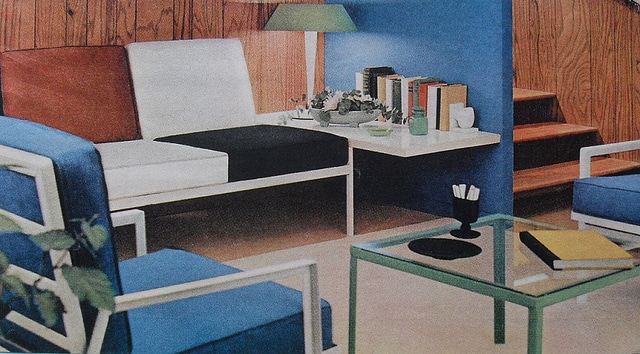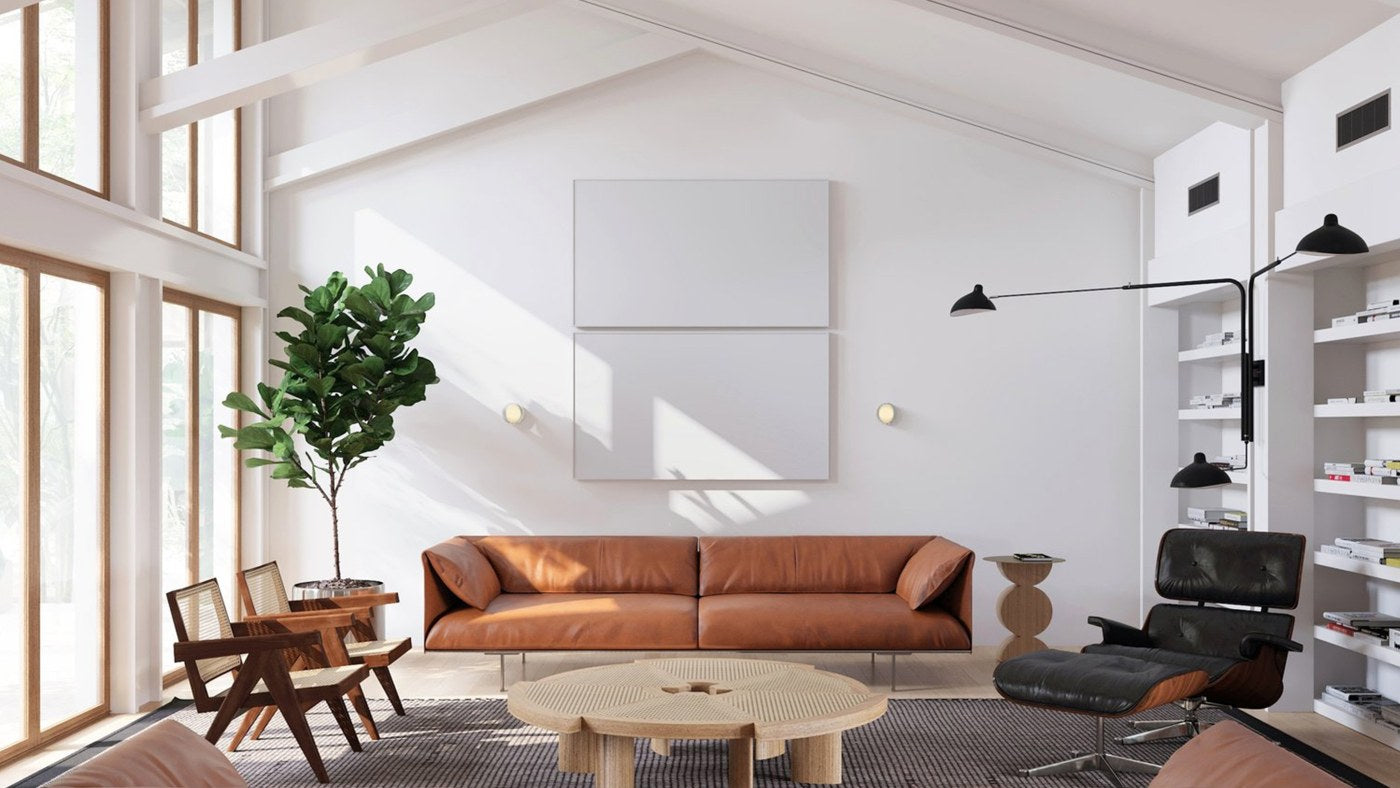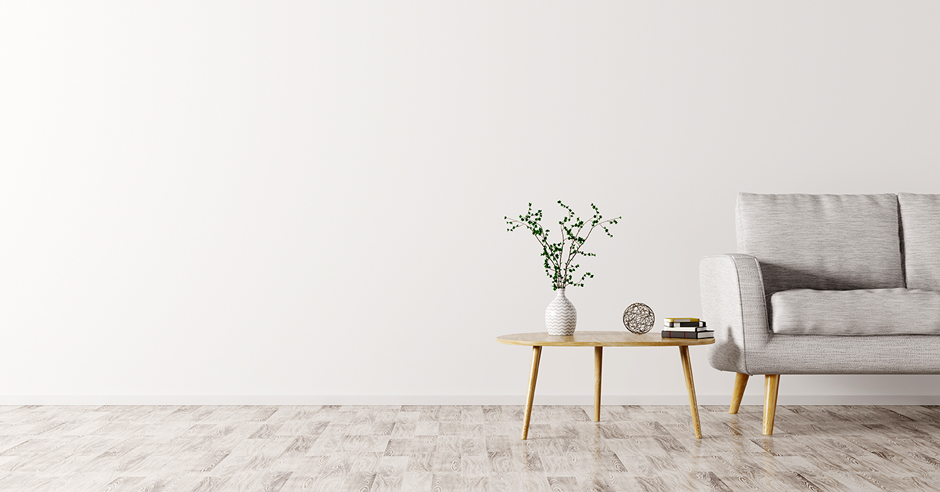Comprehending Minimalism: Methods for Minimizing Clutter and Enhancing Clarity in Everyday Living
Minimalism is increasingly identified as a sensible strategy to improving clearness and focus in today's cluttered globe. By systematically assessing our belongings and prioritizing intentionality, we can develop areas that not only show our worths yet additionally promote mental health. Using methods such as the "Four-Box" method can assist in a more well organized atmosphere, yet the true challenge depends on growing a minimalist attitude that maintains these initiatives. Exploring the subtleties of this approach may reveal surprising understandings right into exactly how you can transform your everyday life. What might you discover when you accept this willful simplicity?
Specifying Minimalism and Its Advantages
Defining minimalism involves comprehending it as a lifestyle option that stresses simplicity and intentionality in both day-to-day routines and physical possessions. At its core, minimalism encourages people to prioritize what absolutely matters, enabling a much more significant and concentrated existence. By removing the non-essential, minimalism welcomes people to involve deeply with their surroundings and experiences.
The advantages of taking on a minimal technique are diverse. It fosters mental clarity, as reducing clutter in one's atmosphere can lead to reduced interruptions and tension. When surrounded by fewer properties, individuals typically report boosted concentration and enhanced productivity. Secondly, minimalism promotes economic liberty; by focusing on requirements over wants, individuals can make even more informed getting choices, bring about possible cost savings and decreased debt. A minimal way of life can produce psychological benefits, as it urges individuals to cultivate gratefulness for what they have rather than yearning for extra.
Ultimately, minimalism is not simply concerning material decrease however involves an all natural shift in point of view, fostering a life defined by equilibrium, fulfillment, and function. Embracing this way of life can lead to profound modifications in exactly how people interact and perceive with the world around them.
Examining Your Existing Mess
Mess typically shows up as a frustrating buildup of things that no more serve an objective, creating a barrier to achieving a minimalist lifestyle. To successfully assess your present clutter, it is crucial to take on a methodical method. Begin by identifying the areas in your living space that really feel disorderly or overwhelming. Make note of specific categories of items, such as apparel, publications, or cookware, as this will certainly assist you understand the scope of the mess.

In addition, take into consideration the regularity of usage for every item. If something has not served a function in the past year, it might be a prospect for elimination. This assessment will not just clarify your connection with your belongings but will certainly additionally establish the foundation for reliable decluttering in the future. Eventually, comprehending your present clutter is an important step towards accepting minimalism and improving clarity in your day-to-day living.

Practical Decluttering Techniques
Having examined your current clutter, the next step is to execute useful decluttering techniques that facilitate an even more organized living room. Minimalism. One efficient method is the "Four-Box" technique, where you mark 4 boxes identified: keep, donate, garbage, and relocate. This technique motivates fast decision-making and makes sure products are classified suitably
One more technique is the "One in, One out" guideline, which stipulates that for every single new item acquired, an existing item needs to be gotten rid of. This concept aids keep balance and prevents buildup gradually. Furthermore, take into consideration the "30-Day Minimalism Game," where you get rid of one item on the very first day, two on the 2nd, and so forth, cumulatively fostering a sense of success.
Limit on your own to a particular number of valued things, permitting you to appreciate their relevance without frustrating your room. By employing these strategies, you can produce a much more tranquil and reliable living area, ultimately enhancing clarity in your everyday life.
Producing Intentional Areas
Developing intentional areas includes a thoughtful approach to how we design and organize our environments, making certain each area serves a particular function and shows our values. This method is essential in growing a feeling of quality and function in our lives. By critically examining the feature of each space, we can eliminate distractions and boost our total health.
To develop willful rooms, begin by identifying the primary tasks that will certainly happen in each location. A home office must be created to foster performance, incorporating elements such as adequate lights, comfy furnishings, and minimal disturbances. In comparison, a relaxation area ought to promote peace, featuring soothing colors and comfy seats.
In addition, take into consideration the emotional influence of your surroundings (Minimalism). Incorporating personal things that resonate with your worths, such as artwork or plants, can boost the link to your space. Routinely examine these settings to ensure they remain to offer their intended function as your needs advance
Inevitably, websites developing intentional rooms has to do with making mindful choices that straighten with your way of living, promoting consistency and efficiency in your living and functioning settings.
Keeping a Minimalist Mindset
Embracing a minimalist frame of mind requires recurring representation and intentionality in our ideas and activities. Establish apart time to review your dedications, properties, and also digital material, guaranteeing they align with your core concepts.
One more key method is to practice appreciation. Recognizing what you currently have fosters satisfaction and reduces the need for unwanted. This shift in perspective motivates admiration for simpleness, improving general well-being. Including mindfulness methods, such as reflection or journaling, can additionally strengthen a minimalist attitude by promoting clearness and decreasing mental mess.
Additionally, develop boundaries to protect your energy and time. Learn to claim no to non-essential obligations and disturbances that do not add to your personal development. Surround on your own with similar individuals who sustain your minimalist journey, as shared worths can enhance inspiration and accountability.
Verdict
To conclude, welcoming minimalism provides substantial benefits, consisting of decreased mess and boosted clarity in everyday life (Minimalism). By methodically assessing belongings and applying functional decluttering strategies, individuals can produce intentional spaces that promote mindfulness and gratitude. Preserving a minimalist attitude requires continuous examination and dedication to simpleness, ultimately leading to an extra concentrated and satisfying lifestyle. The principles of minimalism work as beneficial devices for cultivating an environment that supports personal development and well-being.

Additionally, take into consideration the "30-Day Minimalism Video Game," where you eliminate one item on the very first day, 2 on the 2nd, and so check here forth, cumulatively cultivating a sense of achievement.
In final thought, accepting minimalism uses substantial advantages, consisting of reduced clutter and enhanced clarity in day-to-day life.